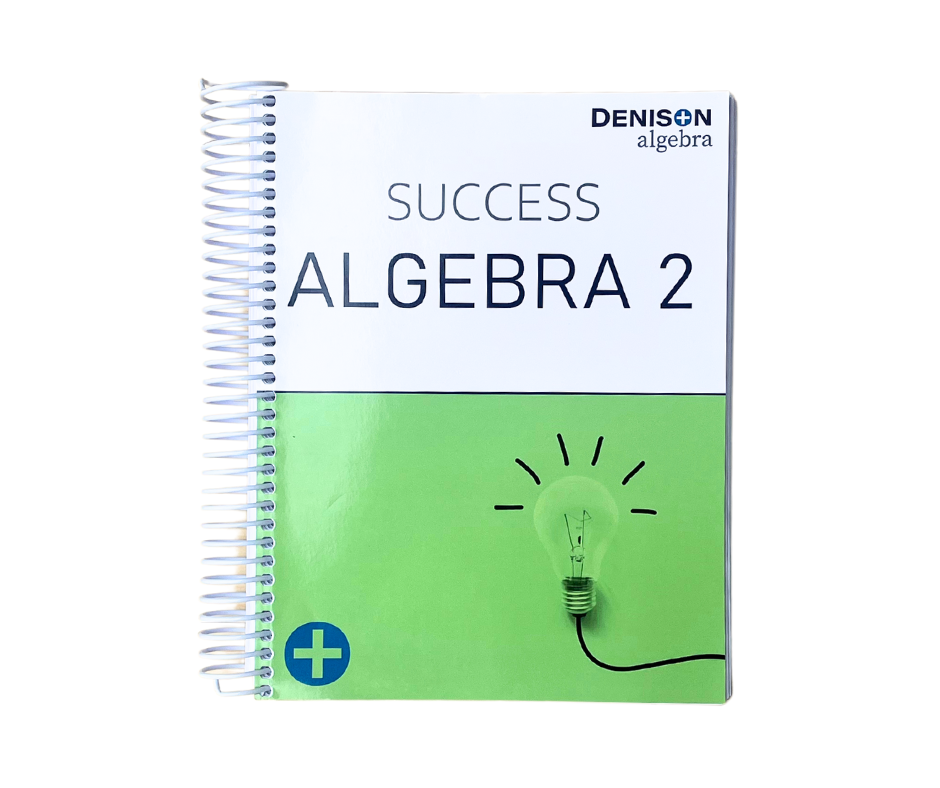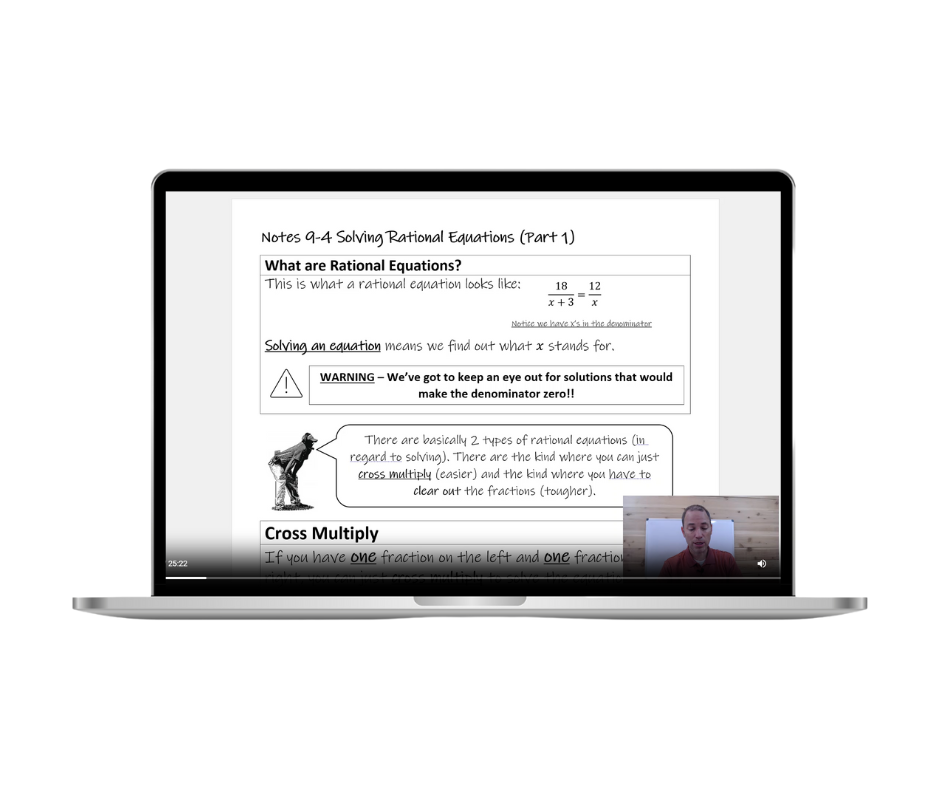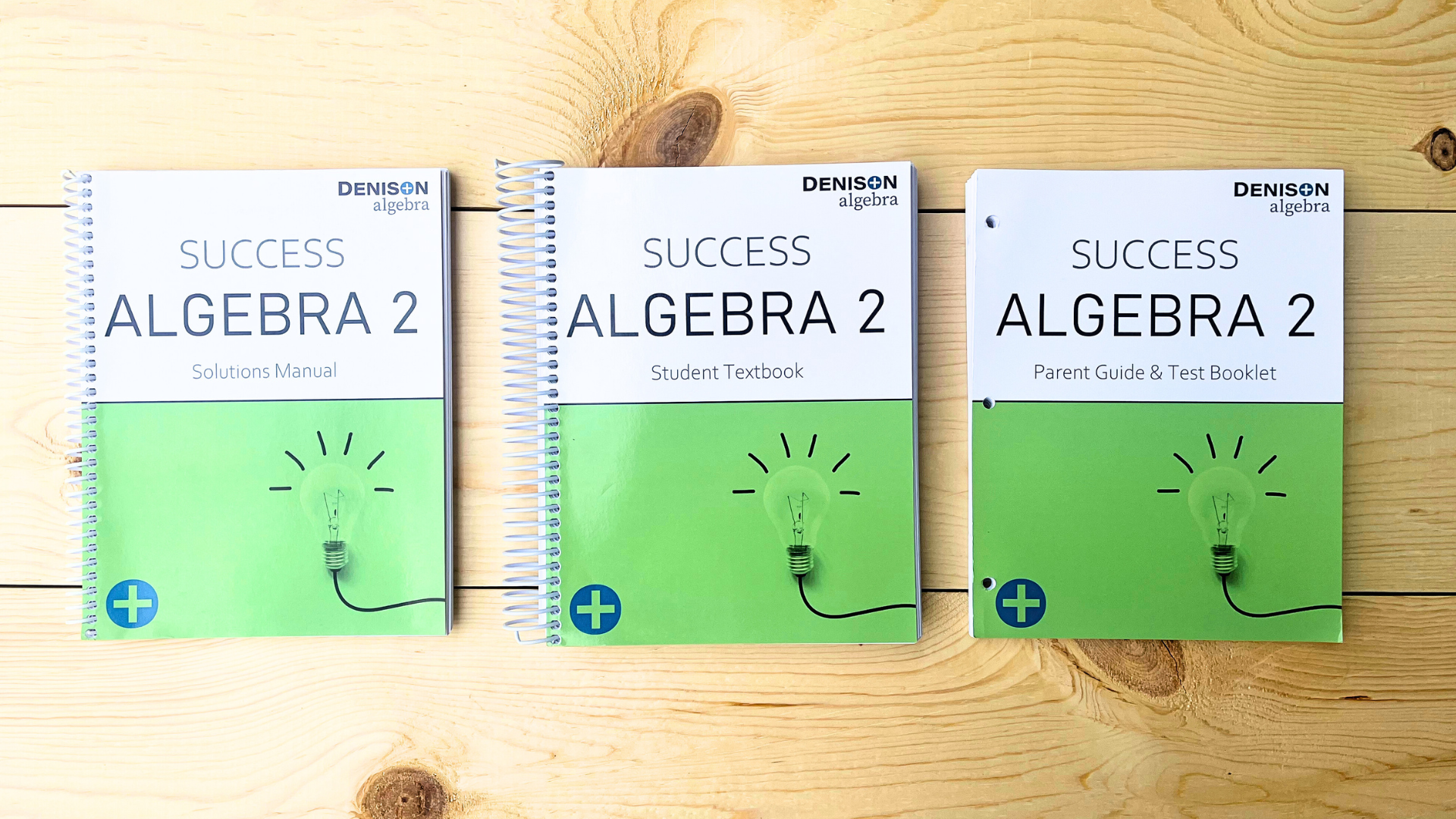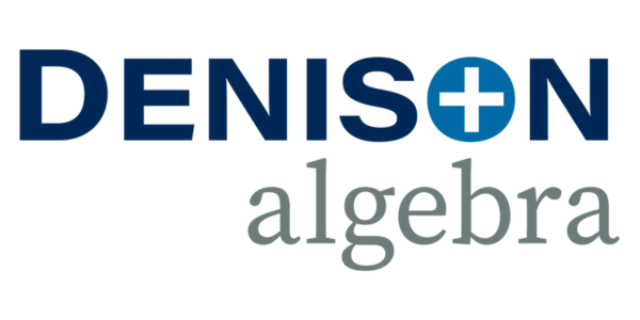Success Algebra 2 is a modified, slimmed-down course designed for students who need an algebra 2 credit for graduation but face significant learning challenges that make understanding and processing math especially difficult. Our goal is to help these students succeed in a challenging subject like algebra 2, while also restoring their relationship with math.
Students who benefit from this course often have diagnoses such as (but not limited to) dyscalculia, ADD/ADHD (not gifted in math), high-functioning autism (not gifted in math), or other similar processing or learning challenges. However, a formal diagnosis is not required. Often, a parent’s intuition is the best guide in determining whether this course is the right fit. Typically, students who are a good fit for Success courses experience learning difficulties in all or most school subjects, not just math.
As a side note, having a learning challenge does not automatically mean a student needs Success Algebra 2. Other factors such as maturity level, work ethic, and self-confidence cause learning challenges to play out in different ways in each student. We understand that every student is wonderfully unique, and all of these factors need to be taken into account as you decide upon the best course for your student. Be sure to read through our Success vs Standard Guide for more information about the differences between these two programs.
To take Success Algebra 2, a student needs to have taken an algebra 1 course. It is completely fine if your student did not master (and may not remember) algebra 1. The important thing is for the student to have prior exposure to the world of algebra 1 before beginning this course. A vast majority of algebra 1 is reviewed and retaught throughout Success Algebra 2.
This course covers every essential algebra 2 topic but presents them at a gentler pace and in smaller, more manageable pieces to prevent students from becoming overwhelmed.
While Success Algebra 2 is not a “college prep” course, it is designed to help a student graduate high school with the necessary math credits, as well as to provide them with enough exposure to upper-level math that they have a solid starting point should they pursue higher education (particularly testing into math classes at a community college).
Although this course covers the topics found on the math sections of standardized tests such as the SAT and ACT, it does not provide the depth of instruction needed to be considered sufficient test prep. We highly recommend that students planning to take these exams prepare separately and specifically for the test.





